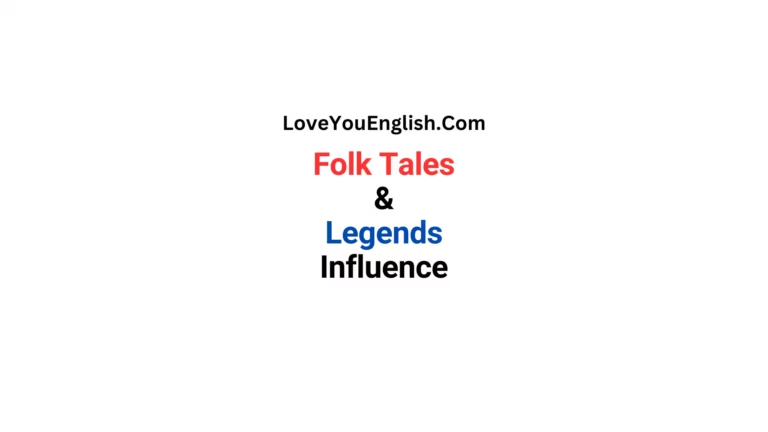The Life and Works of William Shakespeare
“To be, or not to be, that is the question.”
These famous words from Hamlet have echoed through history, capturing deep human emotions and thoughts.
William Shakespeare is one of the most influential writers in history. His plays and poems continue to inspire people worldwide. He wrote about love, ambition, jealousy, and power—emotions that people still relate to today.
Early Life and Background
William Shakespeare was born in April 1564 in Stratford-upon-Avon, England. His exact birthdate is unknown, but people traditionally celebrate it on April 23.
His father, John Shakespeare, was a glove maker and a respected man in the town. His mother, Mary Arden, came from a wealthy farming family. Shakespeare likely attended a local school, where he learned Latin and classic literature, which later influenced his writing.
In his late teens or early twenties, Shakespeare moved to London. He started as an actor and then became a playwright. His journey into the theater world remains somewhat mysterious, but he soon became one of the most famous writers of his time.
Shakespeare’s Plays: Tragedies, Comedies, and Histories
Shakespeare wrote 39 plays, divided into three main categories: tragedies, comedies, and histories. His characters were complex, his stories were powerful, and his words were poetic. Let’s explore his most famous plays.
Tragedies: The Dark Side of Human Nature
Shakespeare’s tragedies explore themes like ambition, revenge, love, and betrayal. His most famous tragedies include:
- Hamlet – A prince struggles to avenge his father’s death while dealing with deep personal doubts. The famous line, “To be or not to be,” comes from this play.
- Macbeth – A nobleman’s ambition leads him to murder the king. Guilt and paranoia destroy his life.
- Othello – A general’s jealousy ruins his marriage and leads to tragic consequences.
- King Lear – A king’s poor judgment causes family betrayal and personal suffering.
Comedies: Love, Mistaken Identities, and Happy Endings
Shakespeare’s comedies are full of humor, romance, and confusion. Some of his best-known comedies include:
- A Midsummer Night’s Dream – A magical story about fairies, mistaken identities, and love.
- Much Ado About Nothing – A witty love story filled with misunderstandings and humor.
- Twelfth Night – A comedy of disguise and mistaken identity that leads to unexpected love.
Histories: The Lives of England’s Kings
Shakespeare also wrote plays about English history, focusing on kings and their struggles for power. Some famous historical plays include:
- Henry V – A story of war, leadership, and courage, featuring the famous “St. Crispin’s Day” speech.
- Richard III – A dark tale about an ambitious king willing to do anything for power.
Shakespeare’s Language: A Lasting Legacy
Shakespeare’s writing is famous for its beautiful language, creative wordplay, and deep meaning. He wrote in iambic pentameter, a rhythm that gives his words a musical quality.
Many phrases we use today come from Shakespeare’s plays, such as:
- “Break the ice” – To start a conversation.
- “Wild-goose chase” – A pointless search.
- “Heart of gold” – A kind and generous person.
His characters speak in ways that reveal their emotions and thoughts, making them feel real and relatable even today.
Shakespeare’s Influence on the World
Shakespeare’s impact on literature and theater is enormous. His plays have been translated into every major language and performed worldwide.
From the famous Globe Theatre in London to modern movies and TV shows, his stories continue to entertain people. His themes of love, ambition, betrayal, and forgiveness remain relevant, making his works timeless.
In addition to plays, Shakespeare wrote 154 sonnets, beautiful poems about love, time, and human emotions. His sonnets are still admired for their deep meaning and poetic style.
Conclusion
William Shakespeare’s life and works have left a lasting mark on the world. His plays and poems explore human emotions in a way that still touches people today.
His influence on literature, theater, and even everyday language is undeniable. Whether through tragic heroes like Hamlet and Macbeth or the humor of A Midsummer Night’s Dream, Shakespeare’s works remain alive and meaningful.
As we reflect on his famous words—“To be, or not to be”—we see that Shakespeare’s understanding of life and human nature makes him one of the greatest writers of all time. His works will continue to inspire future generations for years to come.
More topics:
- English Literature’s Most Memorable Villains
- The Influence of the Bible on English Literary Works
- 10 Key Terms Every English Literature Student Should Know
- The Magic of Jane Austen’s Novels
- The Brontë Sisters: How They Changed English Literature
- Top 10 English Writers of All Time
Resources:
- Victorian Literature and Culture
http://www.victorianweb.org - Modernist Literature Resources
https://modernism.research.yale.edu - Full-Text Literary Works and Criticism
https://www.proquest.com/literatureonline








